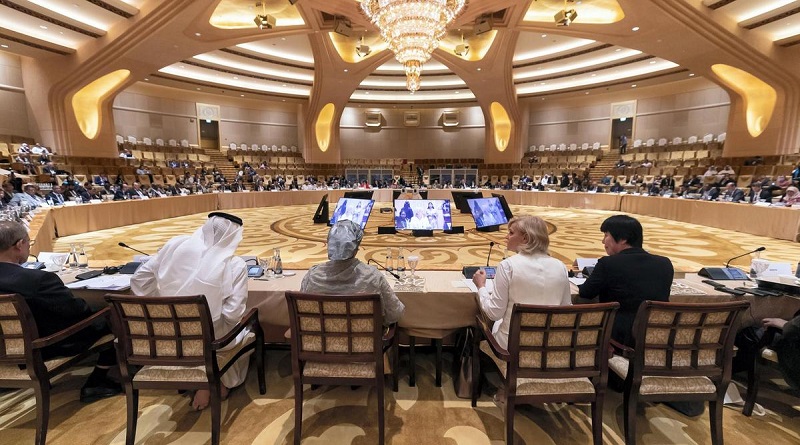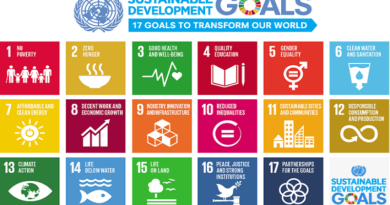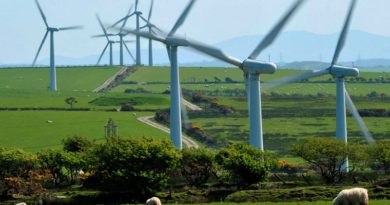Nations take stock on climate action at Abu Dhabi meeting
Ahead of the September 23 Climate Action Summit that is to take place in United States, governments and leaders from all sectors including business, local authorities, civil society and the UN system among others on Monday July 1, 2019 began a meeting in Abu Dhabi to take stock of climate actions.
The United Nations Secretary- General , António Guterres at the meeting reminded leaders that climate change is progressing faster than the world’s top scientists have predicted, and that the international community must deliver an adequate response, making use of key opportunities to do so this year and the next.
He said: “We are here because the world is facing a grave climate emergency. Climate disruption is happening now, and it is happening to all of us. (…) We are in a battle for our lives. But it is a battle we can win.”
The Abu Dhabi Climate Meeting is bringing together governments and leaders from all sectors including business, local authorities, civil society, and the UN system, and youth representatives.
The central purpose of the gathering is to take stock of progress so far across all the Action Areas of the 23 September Climate Action Summit convened by the UN Secretary-General, and identify and develop proposals for initiatives that can be announced at the Summit.
António Guterres drew attention to recent reports that Himalyan glaciers are meanwhile melting at double the rate since the turn of the century, threatening water supplies throughout Central, South and East Asia.
And on Monday, the World Meteorological Organization (WMO) highlighted the fact that the Earth is set to experience its five warmest years on record from 2015-2019.
Temperatures have topped 50°C in India, Pakistan and parts of the Middle East in recent weeks. The unusually early heatwave in Europe, with temperatures in France and Spain exceeding 40°C, is just the latest in a series of extreme weather events.
In Abu Dhabi, António Guterres said that many countries are not keeping pace with their promises under the Paris Climate Change Agreement.
At the same time, he congratulated countries including Chile, Costa Rica, Finland, the Marshall Islands and the UK which have reently presented concrete, detailed and credible plans to achieve carbon neutrality by mid-century.
2020 is the year that governments will be submitting revised and improved national action plans (also known as Nationally Determined Contributions, or NDCs) under the Paris Agreement.
This is crucial to acheive the Paris Agreement’s central goal of a maximum global average temperature of 1.5 degrees Celsius compared to pre-industrial levels.
This year is being termed as the ‘year of climate ambition’, given that the concrete climate action plans need to be designed and presented well ahead of any formal submissions under the Paris Agreement. The September Summit is a key moment to do so. The UN Secretary-General said:
“Keeping global warming to 1.5 degrees at the end of the century will require “rapid and far-reaching transitions” in how we manage land, energy, industry, buildings, transport and cities (…) I am asking all leaders, from governments and private sector, to present plans – at the summit or at the latest by December 2020 – to cut greenhouse emissions by 45 per cent by 2030 and get to carbon neutrality by 2050.”
The UN Chief also underscored the centrality of climate financing, which means reaching the goal of USD 100 billion per year, from public and private sources, for measures to cut greenhouse gas emissions and build resilience to the unavoidable impacts of the climate change in the developing world.
The most recent UN Climate Change Conference, in June in Bonn, ended with a call by the United Nations to governments to deliver on all the mandates of the Paris Agreement.




